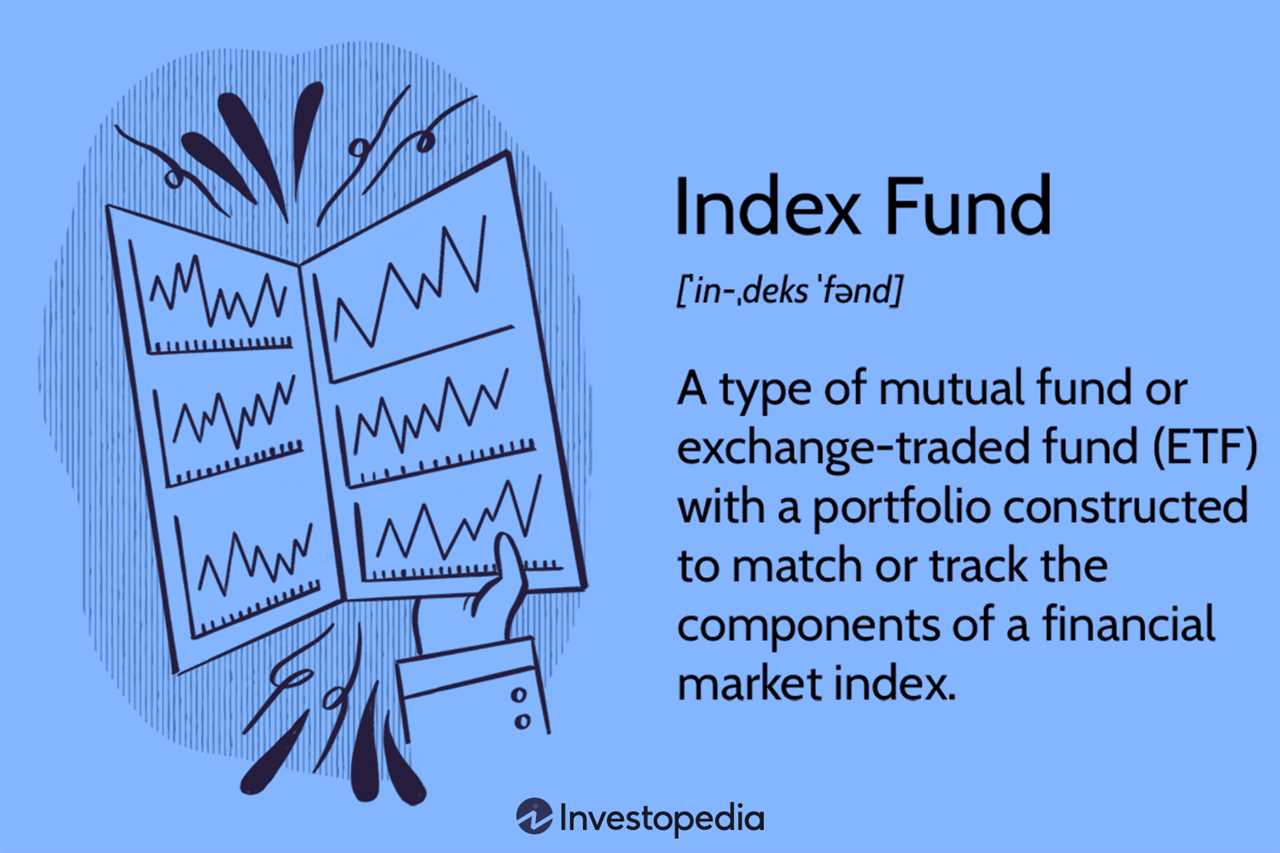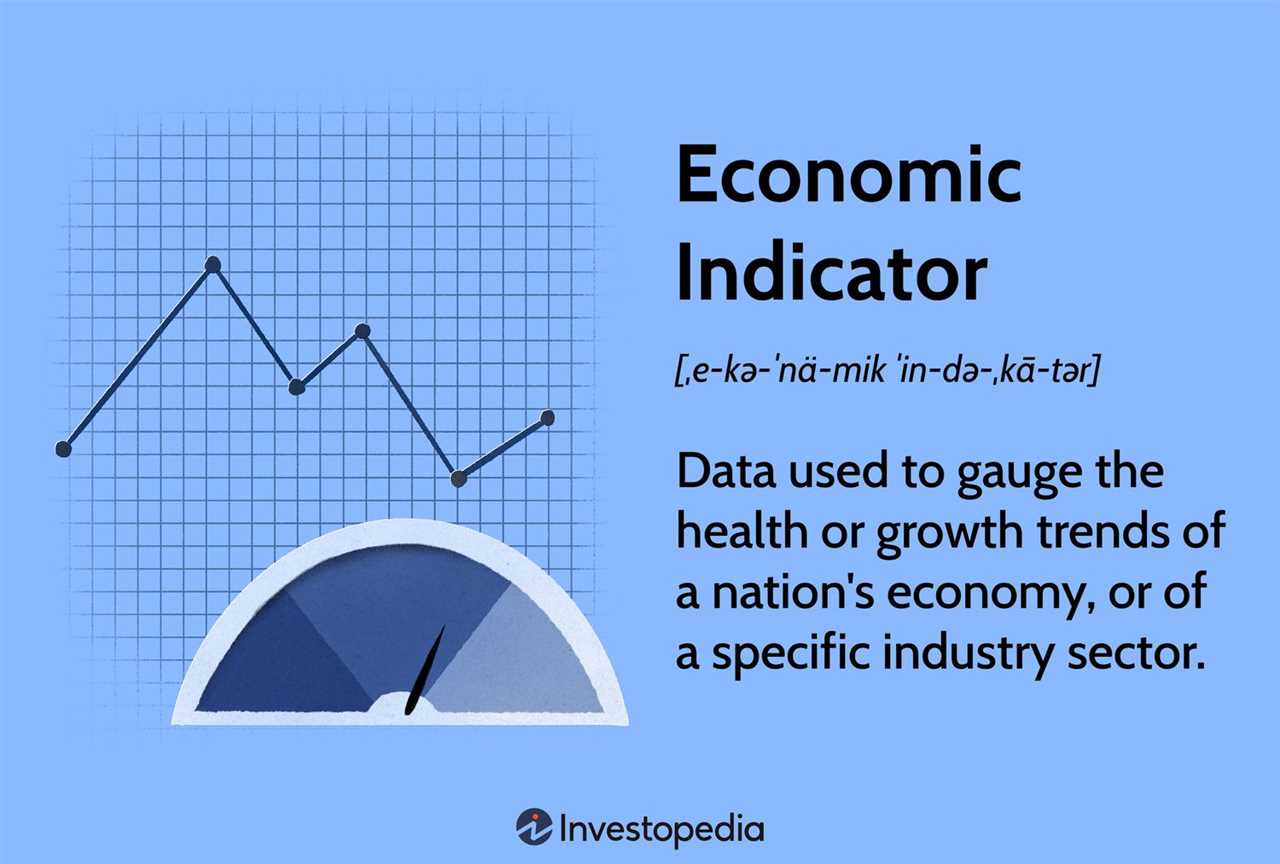What is Indexing?
Indexing is a method used in economics and investing to track and measure the performance of a group of assets or securities. It involves creating an index, which is a representation of a specific market or sector, and then using that index as a benchmark to compare the performance of individual assets or portfolios.
The index is typically constructed using a weighted average of the prices or values of the assets or securities it represents. The weights are based on factors such as market capitalization, revenue, or other relevant criteria. This allows the index to provide a comprehensive snapshot of the overall performance of the market or sector it represents.
Indexing is commonly used in both passive and active investing strategies. In passive investing, investors aim to replicate the performance of a specific index by investing in a portfolio of assets that closely mirrors the index’s composition. This approach is often implemented through index funds or exchange-traded funds (ETFs).
On the other hand, active investors may use indexing as a benchmark to evaluate the performance of their portfolios. By comparing their returns to the returns of a relevant index, they can assess whether their investment strategy is outperforming or underperforming the market.
Indexing has become increasingly popular due to its simplicity, transparency, and cost-effectiveness. It allows investors to gain exposure to a broad market or sector without the need for extensive research or active management. Additionally, indexing can help reduce risk by providing diversification across a range of assets.
Definition and Concept

Indexing is a method used in economics and investing to measure and track the performance of a specific group of assets or a market as a whole. It involves creating an index, which is a statistical measure that represents the value of a particular market or asset class.
The concept of indexing revolves around the idea of creating a benchmark or reference point to evaluate the performance of investments. By creating an index, investors and economists can compare the returns of individual assets or portfolios to the overall market or a specific sector.
Indexes are typically constructed using a weighted average of the prices or values of the underlying assets. The weights assigned to each asset depend on various factors, such as market capitalization, price, or other relevant criteria. This ensures that the index accurately reflects the performance of the assets it represents.
Indexing is widely used in economics to measure the performance of different sectors of the economy, such as manufacturing, services, or agriculture. It provides valuable insights into the overall health and growth of the economy by tracking changes in the value of the index over time.
Overall, indexing plays a crucial role in both economics and investing by providing a standardized and objective measure of performance. It allows investors and economists to analyze and compare the performance of different assets or markets, making informed decisions based on reliable data.
How Indexing Works
Indexing is a method used in economics and investing to track the performance of a specific market or sector. It involves creating an index, which is a statistical measure that represents the value of a group of assets or securities. The index is constructed using a weighted average of the prices or values of the individual assets or securities in the group.
There are different methods of calculating the index, but the most common one is the market capitalization-weighted method. This method assigns weights to each asset or security in the index based on its market capitalization, which is the total market value of its outstanding shares. The higher the market capitalization of an asset or security, the higher its weight in the index.
Once the index is constructed, it serves as a benchmark for measuring the performance of the market or sector it represents. Investors and economists can use the index to compare the performance of individual assets or securities to the overall market or sector. If an asset or security outperforms the index, it is considered to have generated positive alpha, indicating that it has performed better than the average return of the market or sector.
Indexing is also used in passive investing strategies, such as index funds and exchange-traded funds (ETFs). These investment vehicles aim to replicate the performance of a specific index by holding a portfolio of assets or securities that closely match the composition of the index. By investing in index funds or ETFs, investors can gain exposure to a broad market or sector without having to individually select and manage the underlying assets or securities.
Uses of Indexing in Economics

Indexing plays a crucial role in economics, providing valuable insights and information for policymakers, researchers, and analysts. Here are some of the key uses of indexing in economics:
- Cost of Living Adjustments: Indexing is used to calculate cost of living adjustments (COLA) for various purposes. For example, Social Security benefits and pensions are often indexed to inflation, ensuring that recipients receive adjustments that keep up with the rising cost of living. Similarly, wage contracts may include provisions for indexing wages to inflation, protecting workers’ purchasing power.
- Income Inequality Analysis: Indexing is employed to analyze income inequality within an economy. The Gini index, for instance, is a commonly used measure that quantifies income inequality. By indexing income data, economists can track changes in income distribution over time and assess the impact of various policies on inequality.
Uses of Indexing in Investing

Indexing plays a crucial role in the field of investing, offering various benefits and opportunities for investors. Here are some of the key uses of indexing in investing:
1. Portfolio Diversification:
Indexing allows investors to achieve diversification by investing in a broad market index. By purchasing shares of an index fund, investors gain exposure to a wide range of stocks or bonds, spreading the risk across different sectors and companies. This diversification helps to reduce the impact of individual stock or bond performance on the overall portfolio.
2. Cost-Effective Investing:
3. Passive Investing:
Indexing is often associated with passive investing, where investors aim to match the performance of a specific index rather than trying to outperform the market. This approach eliminates the need for constant monitoring and active trading, making it a suitable strategy for long-term investors who prefer a hands-off approach.
4. Market Exposure:
Investing in index funds provides investors with exposure to the overall market performance. This can be particularly beneficial for those who believe in the long-term growth of the market and want to participate in its potential upside. By investing in an index fund, investors can gain broad market exposure without the need to select individual stocks.
5. Transparency:
Indexing offers transparency in terms of holdings and performance. Since index funds aim to replicate the composition and performance of a specific index, investors can easily access information about the underlying securities and their weights in the fund. This transparency allows investors to make informed decisions and understand the potential risks and rewards associated with their investment.
6. Benchmarking:
Indexing provides a benchmark for evaluating the performance of actively managed funds. By comparing the returns of an actively managed fund to the performance of a relevant index, investors can assess whether the fund’s active management has added value or not. This benchmarking helps investors make informed decisions about their investment choices and can serve as a basis for evaluating the performance of fund managers.

Emily Bibb simplifies finance through bestselling books and articles, bridging complex concepts for everyday understanding. Engaging audiences via social media, she shares insights for financial success. Active in seminars and philanthropy, Bibb aims to create a more financially informed society, driven by her passion for empowering others.
